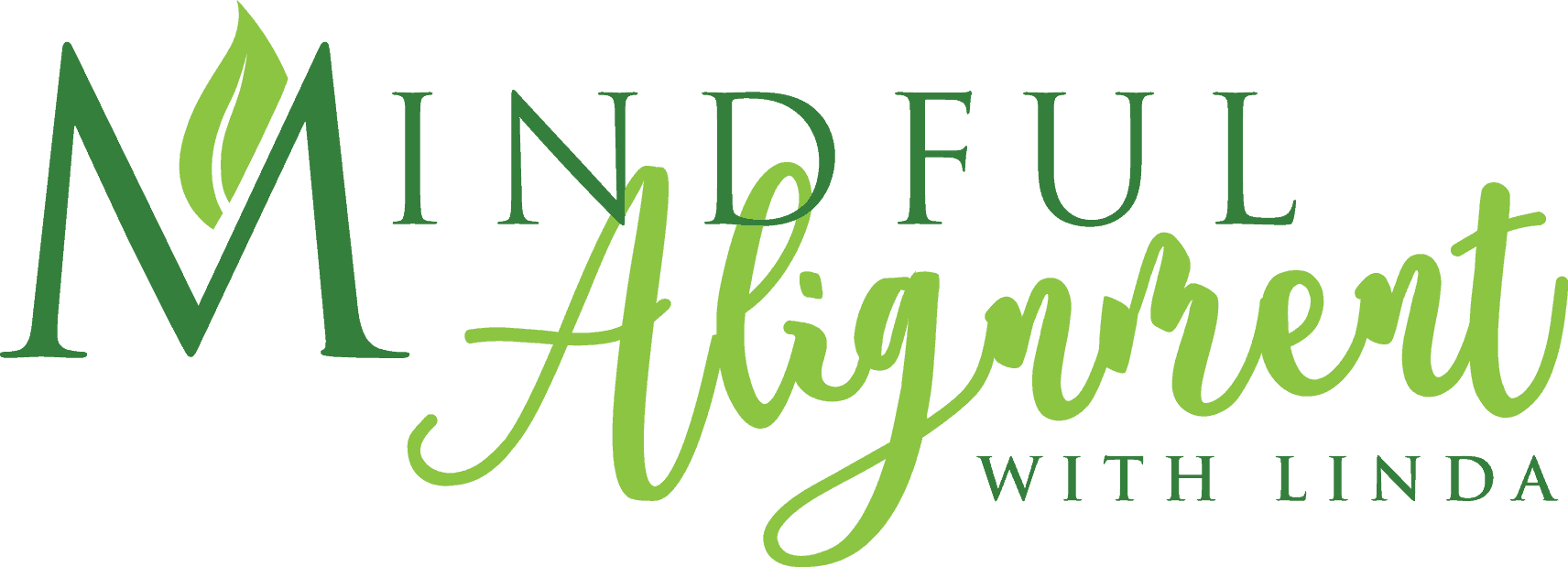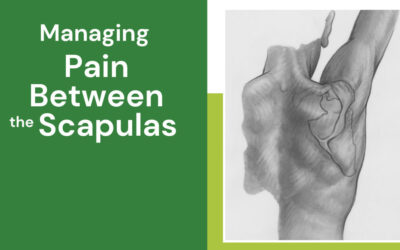The SAID Principle
‘SAID’ stands for Specific Adaptation to Imposed Demand
In other words, the body attempts to get better at the movement that one repeats, strengthening that muscle in that movement. For a right-handed tennis player, the muscles get bigger and stronger in the right arm, and so will the tendons and ligaments.
How does that influence your fitness program?
If you are following the same fitness program for an extended period, you only get better at those movements or exercises.
The body has over 600 muscles. It is unlikely that the exercises or movements in a repetitive program strengthens all the muscles and move the joints in all directions. One would need to move in all directions to balance and strengthen the muscles and joints. If not, the muscles only strengthen the movement that is practiced.
This is why variety is good for you
The best practice is to vary any exercise routine or the individual movements. Mix it up a bit. Try different exercises and different poses. Use it or lose it. As we age, the shoulder joint is one of the joints that loses range of motion because we don’t move it or exercise it in all directions.
The shoulder can move in eight directions:
- flexion and extension
- abduction and adduction
- internal and external rotation
- horizontal abduction and adduction.
All need to be exercised.
How limited movements affect you
Teaching has allowed me to witness a large number of people who have no idea that they cannot move their arms in a motion similar to swimming the front crawl simply because they have long since stopped moving their arms in different directions.
That is why I vary the exercises and yoga poses for my clients and in my classes. By moving in many directions, clients have a better chance of using more muscles, thus keeping the joints flexible and more balanced. Moving the joints in all directions is key to flexibility and strength.
Also, variety helps keep you mindful, so you are not moving on auto-pilot.
If you would like help on your wellness journey, schedule a private consultation.
Related Articles:
Embracing Change: A Journey of Small Steps
Embracing change through small steps: Focusing on small, consistent steps emphasizes sustainability and avoids overwhelming change, which is key to maintaining health goals.
Preventing and Managing Myofascial Pain Through Exercise
Prevent and manage Myofascial Pain Syndrome in the back with these daily movements and targeted exercises. This approach provides an effective solution.
Myofascial Pain Syndrome and How to Manage It
Myofascial Pain Syndrome is a chronic pain condition that affects the muscles and fascia. Here are common causes and methods for management and prevention.
Managing Pain Between the Scapulas
Identify and manage pain between the scapulas (shoulder blades). Helpful tips to relieve interscapular pain and keep it from returning.




